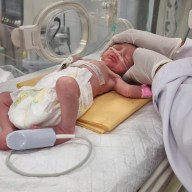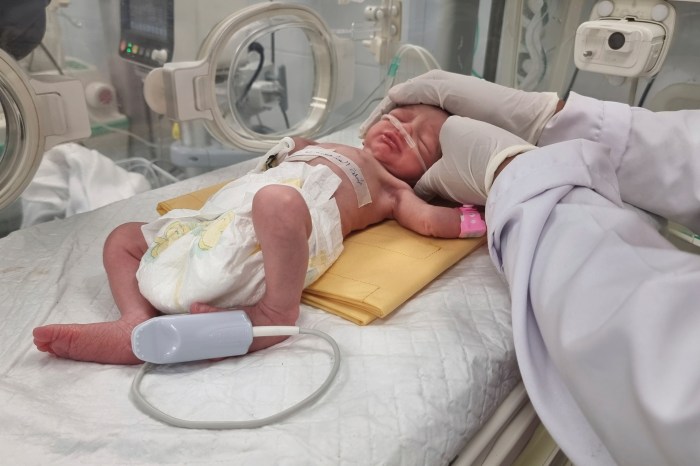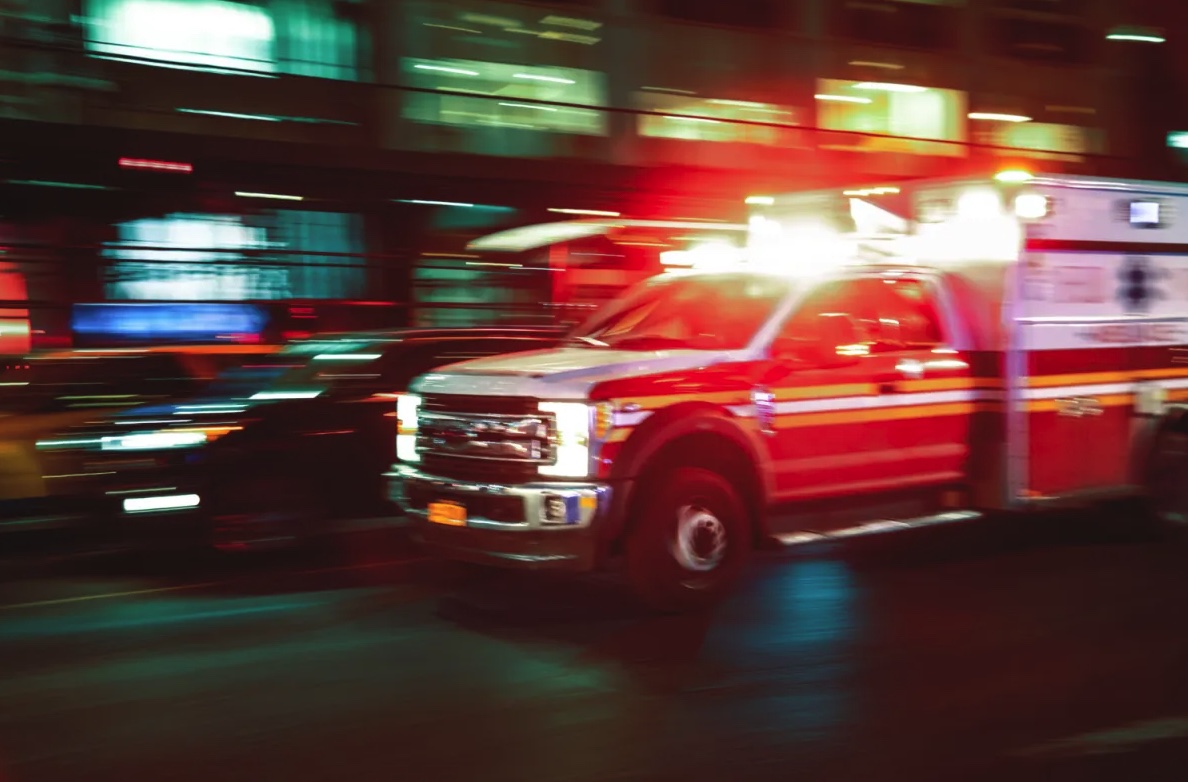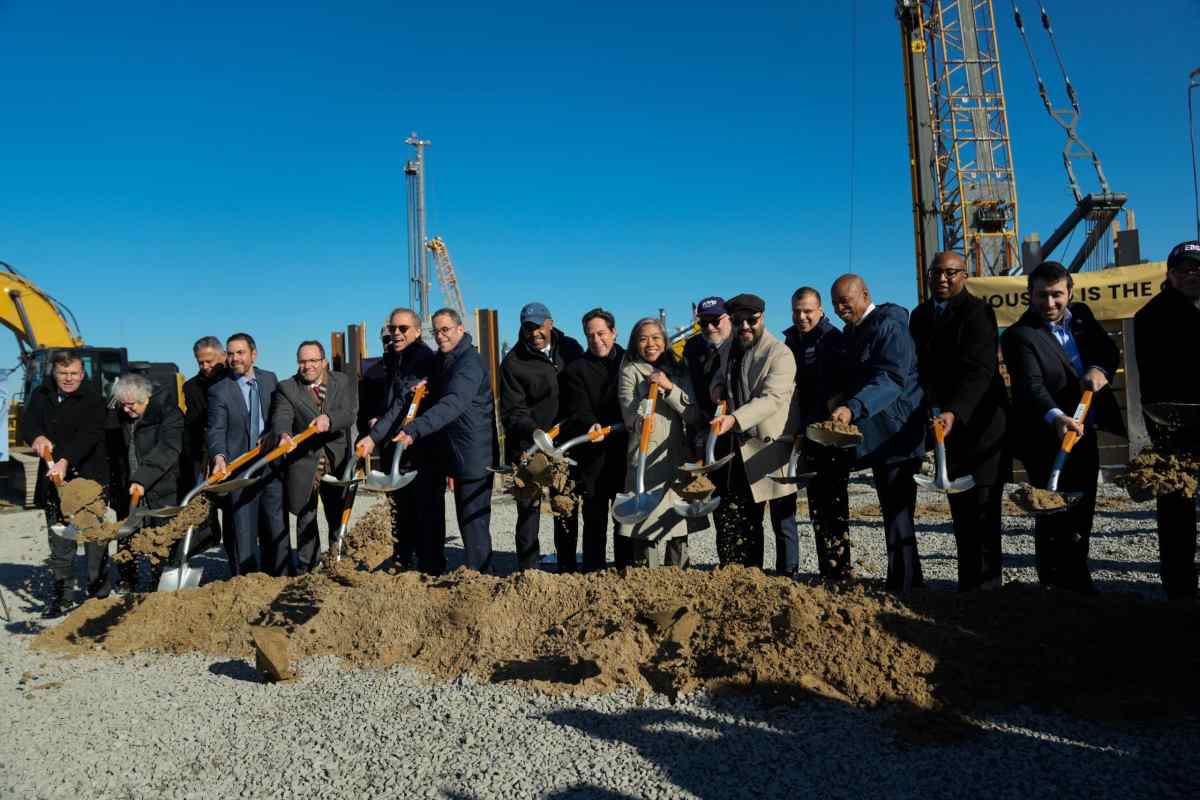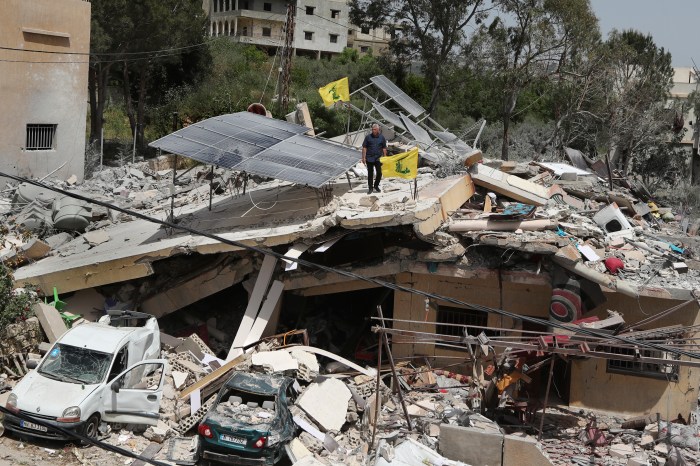THE HAGUE, Netherlands – International Criminal Court judges have ordered four prominent Kenyans, including two potential presidential candidates, to stand trial for allegedly orchestrating a deadly wave of violence after their country’s disputed 2007 presidential election.
Among the four suspects sent for trial were Deputy Prime Minister and Finance Minister Uhuru Kenyatta, and former Education Minister William Ruto — both of whom are planning to run for president this year.
Kenyatta, 50, is the son of Kenya’s founding president, Jomo Kenyatta, and the country’s richest citizen with a personal fortune of half a billion dollars. Ruto is a former ally of Prime Minister Raila Odinga, but the two had a falling-out — partly over Ruto’s insistence on making his own presidential bid this year.
More than 1,000 people were killed in postelection violence in Kenya after police ejected observers from the centre where votes were being tallied and the electoral body declared President Mwai Kibaki the winner.
Two of those ordered to stand trial Monday were supporters of Kibaki, while the other two backed his rival in the presidential race, Odinga. Odinga was later appointed prime minister in a power-sharing government.
In Monday’s majority decision by the three-judge panel, Ruto was ordered to stand trial with radio broadcaster Joshua Arap Sang for crimes against humanity allegedly targeting Kibaki supporters.
Another suspect, former Minister of Industrialization Henry Kiprono Kosgey, was cleared of charges.
Ruto, one of Kenya’s most divisive political leaders, told sombre supporters he still plans to run for president.
He said Kenya should focus on ending hunger and increasing educational opportunities — and not the ICC case.
“I am, I have been and forever will be a stranger to the accusations against me,” Ruto said.
In a separate case, Kenyatta will stand trial alongside Cabinet Secretary Francis Muthaura for alleged crimes against humanity directed at Odinga supporters. A third suspect in the case, former police commissioner Maj. Gen. Mohammed Hussein Ali, was cleared of the charges.
Kenyatta took to Facebook to proclaim his innocence.
“My conscience is clear, has been clear and will always remain clear that I am innocent of all the accusations that have been levelled against me,” he said in a post. He added that he would continue to co-operate with the ICC, “because I believe in the rule of law.”
No date has been set for the trials.
None of the suspects was in court for the half-hour hearing at which Presiding Judge Ekaterina Trendafilova read out a summary of the decision to commit four suspects for trial on charges including murder, persecution and deportation.
The suspects will remain free in Kenya until the trials start, but Trendafilova warned that they could face arrest if they attempt to whip up fresh violence.
Prosecutors have said the decision to launch an ICC investigation should help ease tensions, and there was no immediate violent reaction in Kenya, where President Kibaki appealed for calm.
In the capital Nairobi’s largest slum, Kibera, a dozen men gathered around a TV to watch the decision. When it was read out, no one watching showed any reaction.
Trendafilova said it was the judges’ “utmost desire that the decisions issued by this chamber today bring peace to the people of the Republic of Kenya and prevent any sort of hostilities.”
It’s unclear whether the case could block Ruto and Kenyatta’s presidential ambitions, since government officials have issued conflicting statements on whether they will remain eligible to run.
Kibaki said he had directed the country’s attorney general to examine the court’s decision “and devise a way forward,” though he did not explicitly say he would ask for a ruling on whether Kenyatta and Ruto can run for president.
He said he wanted government ministries to fast-track the relocation of people forced from their homes who still have not returned five years after the violence.
Trendafilova stressed that the decisions do not mean guilty verdicts against the suspects, only that there is sufficient evidence to send them to trial.
“We are not passing judgment on the guilt or innocence of the individuals,” she said.
Rights groups welcomed the ruling.
“Today’s decisions move forward the search for justice for those who lost their lives and their homes in Kenya’s 2007-2008 election violence,” Human Rights Watch said in a statement. “The ICC trials will break with decades of impunity in Kenya for political violence, but Kenya should act to widen accountability by carrying out prosecutions at home.”
U.S. State Department spokesperson Victoria Nuland urged Kenyans “to continue to co-operate fully with the ICC proceedings and to remain focused on Kenya’s future — especially through implementation of the reform agenda.”
Nuland said the U.S. “believes accountability for the 2007-2008 post-election violence is critical to ensuring Kenya’s democracy, peace, and long-term stability.”
Most Kenyans support the ICC process and have little faith in their own judiciary, widely perceived as corrupt and choking on a backlog of cases.
The ICC prosecutor, Luis Moreno-Ocampo, launched his investigation in 2010 only after Kenya’s parliament failed to agree to set up a national tribunal to prosecute perpetrators of postelection violence.
Both Kenyatta and Ruto come from powerful ethnic groups. Kenyatta is a Kikuyu, the ethnic group with the highest numbers and the one that has produced two of the country’s three presidents. Ruto is a Kalenjin, the ethnic group that produced Kenya’s longest-serving president, Daniel arap Moi, who recruited many fellow Kalenjin into the security services.
The International Criminal Court was set up in 2002 to prosecute the most serious offences committed around the world when local courts cannot or will not step in. It has so far launched investigations in seven countries, all of them in Africa.
Among high-profile suspects indicted are Sudan’s President Omar al-Bashir for allegedly masterminding genocide in the Darfur region; ex-Ivory Coast President Laurent Gbagbo, also indicted for his alleged role in postelection violence, and Libya’s late dictator Moammar Gadhafi for his brutal crackdown on protesters last year.
The case against Gadhafi was dropped after he was killed in October, but his son and one-time heir apparent Seif al-Islam Gadhafi, is still wanted by the court.
____
Associated Press writer Jason Straziuso in Nairobi, Kenya, contributed to this report.






